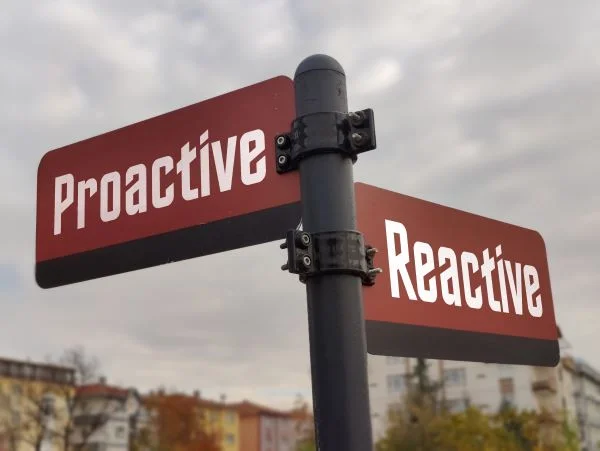What every leader should know about performance management in a post-Covid world
As sunlight in the first days of spring illuminates dilapidations in dusty old rooms, so post-Covid glee for a fresh start made tick-box approached performance management look decidedly Miss Havisham. But even before the pandemic – a primary cause of derision over satisfaction – performance management was already being jilted at the altar.
A 2019 NBCnews.com article cited that the number one reason employees quit their jobs, is a lack of recognition for the work they’ve performed. Research showed that 79 percent of employees who quit their jobs1, leave because they feel underappreciated, while a whopping 82 percent depart because their supervisor does not meaningfully acknowledge the contributions they make. Sometimes a simple “thank you” goes a long way. But a lack of recognition is merely one symptom of a larger disease that can cripple a company, if left undiagnosed and untreated. Strong work environments hinge on many variables to function and, if any of the pieces fall out of place, the system breaks down. These elements comprise a company’s culture and, by its very essence, performance management has to be more than a yearly “tick-box exercise”; it is an intrinsic element of workplace culture, woven into daily processes and interactions.
Performance management comprises an interconnected web of elements that influence people to perform certain behaviors, which can be desirable or undesirable, so they are worth paying attention to. Great performance management is one reason people stay with a company for years, whereas poor performance management is often what pushes them away. So what is a performance culture?
The answer is relatively simple, a manager’s empathy for team members. Just as a car engine undergoes preventive maintenance to keep running smoothly, a manager enhances their team’s performance by consistently recognizing and encouraging positive performance. Great managers genuinely care about the people who work for them and consider their employees’ perspectives in their decision making. They recognize that employees don’t intrinsically want to underperform and they have the wisdom to realize that underperformance is often a symptom of obstacles hindering someone’s success and that it’s their job to help clear them.
The best managers provide consistent, timely feedback that praises peoples’ good work and pinpoints how they can improve. Good managers have the awareness to appraise whether team members feel incentivized to do their work and whether they have the resources they need. Great performance management is a constant conversation between employer and employee, where an employer seeks to understand before seeking to be understood.
Work environments that make it easy for team members to feel like they’re failing – the “damned if I do, damned if I don’t” syndrome – are destined to see high employee turnover and low performance. In those work environments, the performer doesn’t want to fail, people rarely do. It’s the cards they’ve been dealt that make success elusive and this often results from a fundamental lack of any real performance management.
Good managers must be aware of how evolving conditions and a range of challenges are affecting their team members and work with them to accommodate performance expectations. Now more than ever, managers need to be flexible, supportive and consider how their team members are feeling. The time is therefore ripe for a closer look at how we manage employee performance to support an effective work-at-home culture and a safe at-work environment.
References
NBC News: Here’s the number 1 reason why employees quit their jobs
First published in theHRDIRECTOR, July 2022. Reproduced with permission.



